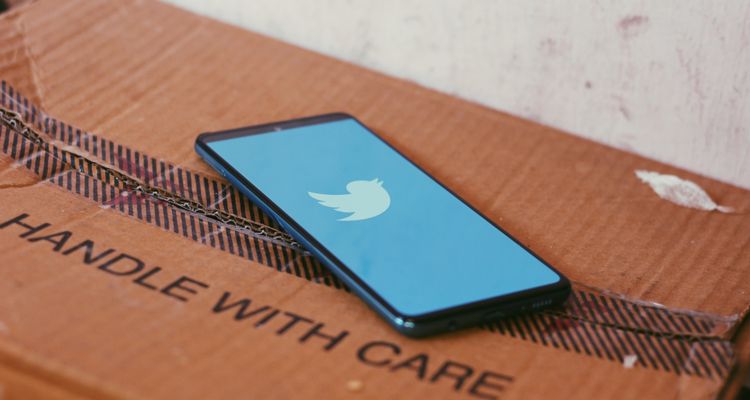Elon Musk’s deal to purchase Twitter has been on hold for a month. Is he backing out?
Elon Musk is threatening to walk away from his $43 billion bid to buy Twitter over bots. The billionaire oligarch says Twitter is refusing to give him accurate information about the number of spam bots and fake accounts on the platform. Lawyers for the CEO made the threat in a letter to Twitter dated June 6, which Twitter disclosed in a filing with the U.S. Securities and Exchange Commission (SEC).
Musk’s lawyers argue that he has repeatedly asked for information on fake accounts since May 9. Musk reportedly wants to know how many of the company’s rumored 330 million monthly active users are real people. Twitter CEO Parag Agrawal has said that Twitter estimates fewer than 5% of that number is made up of spam accounts. But Musk disputes that number, claiming as much as 20% of that number could be fake accounts.
The share price for Twitter is down more than 20% since Elon Musk announced his takeover bid earlier this year. Twitter said in a statement on Monday that is has been cooperating with Musk’s requests “in accordance with the terms of the merger agreement” and noted that the deal is in “the best interest of all shareholders. We intend to close the transaction and enforce the merger agreement at the agreed price and terms,” the statement concludes.
Elon Musk agreed to buy Twitter at a price of $54.20 per share in April 2022. Since then, Musk has engaged in a public Twitter spat about the number of fake accounts. These actions have left some analysts wondering if Elon is trying to find a way out of the deal, or if he wants to lower the share purchase price for the acquisition.
“This is a clear material breach of Twitter’s obligations under the merger agreement and Mr. Musk reserves all rights resulting therefrom, including his right not to consummate the transaction and his right to terminate the merger agreement,” the letter from Musk’s lawyers to Twitter reads.
Musk is seeking underlying data from Twitter to do his own verification on whether or not Twitter’s accounts are fake. The sale agreement includes a clause that allows Musk to terminate the deal if Twitter causes a ‘material adverse effect’. His lawyers argue that lying about the number of fake or spam accounts would qualify as a ‘material adverse effect.’

